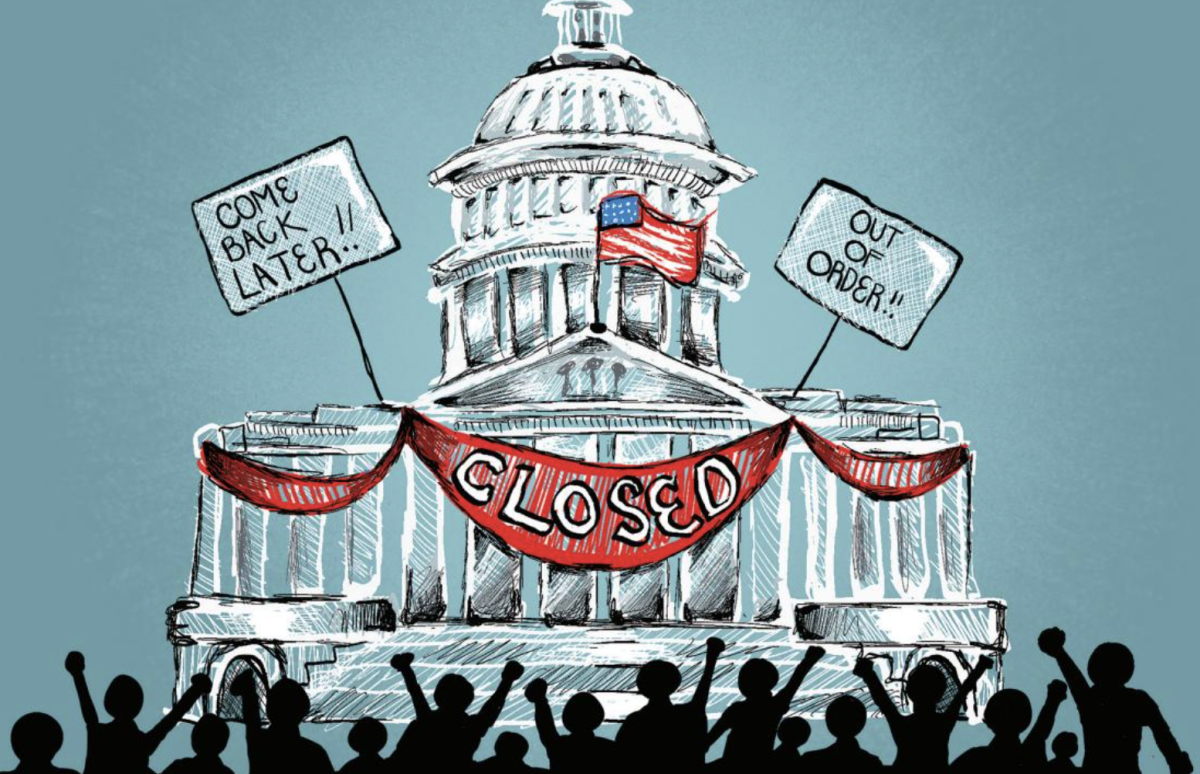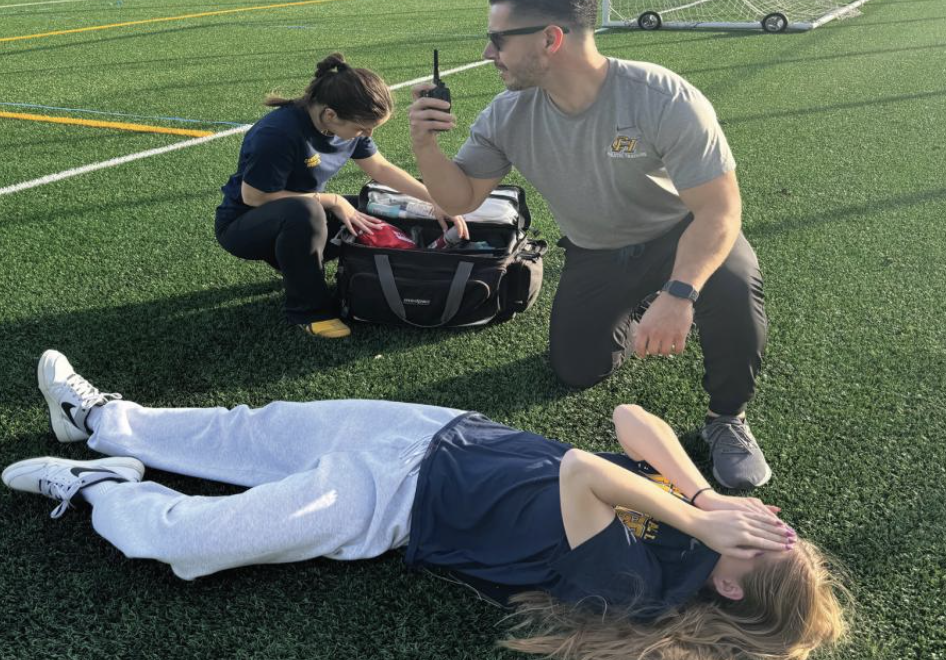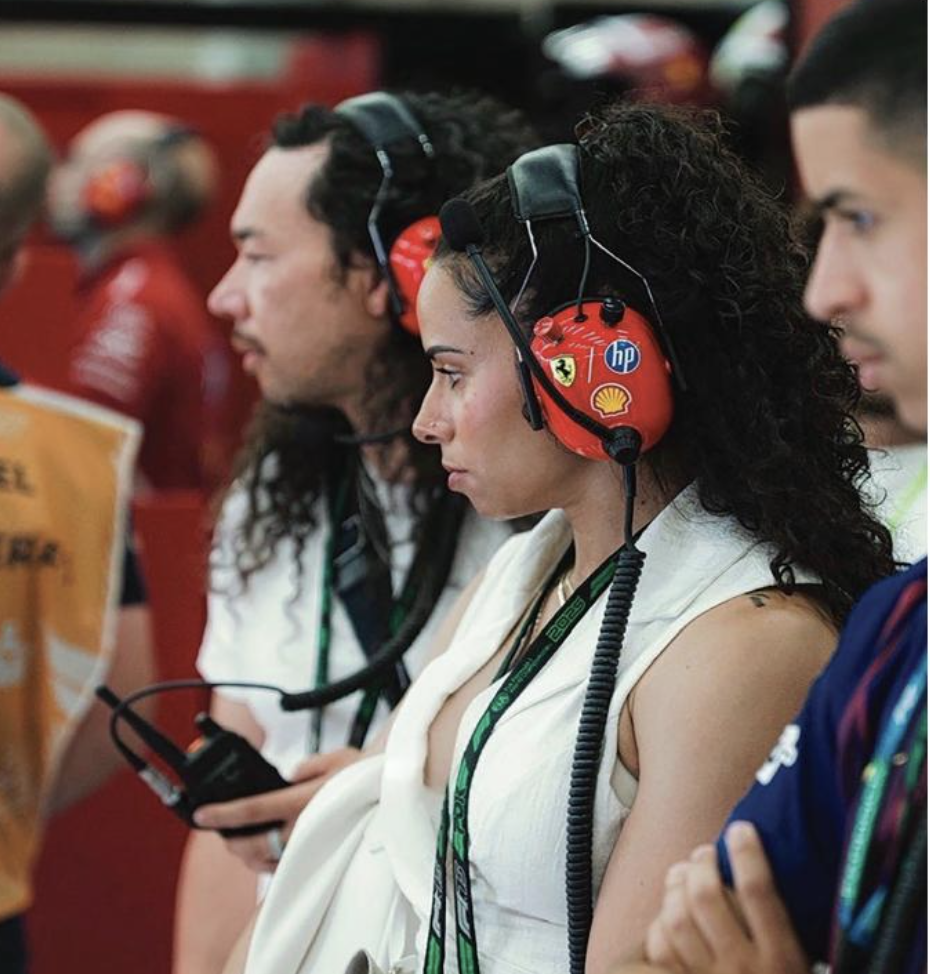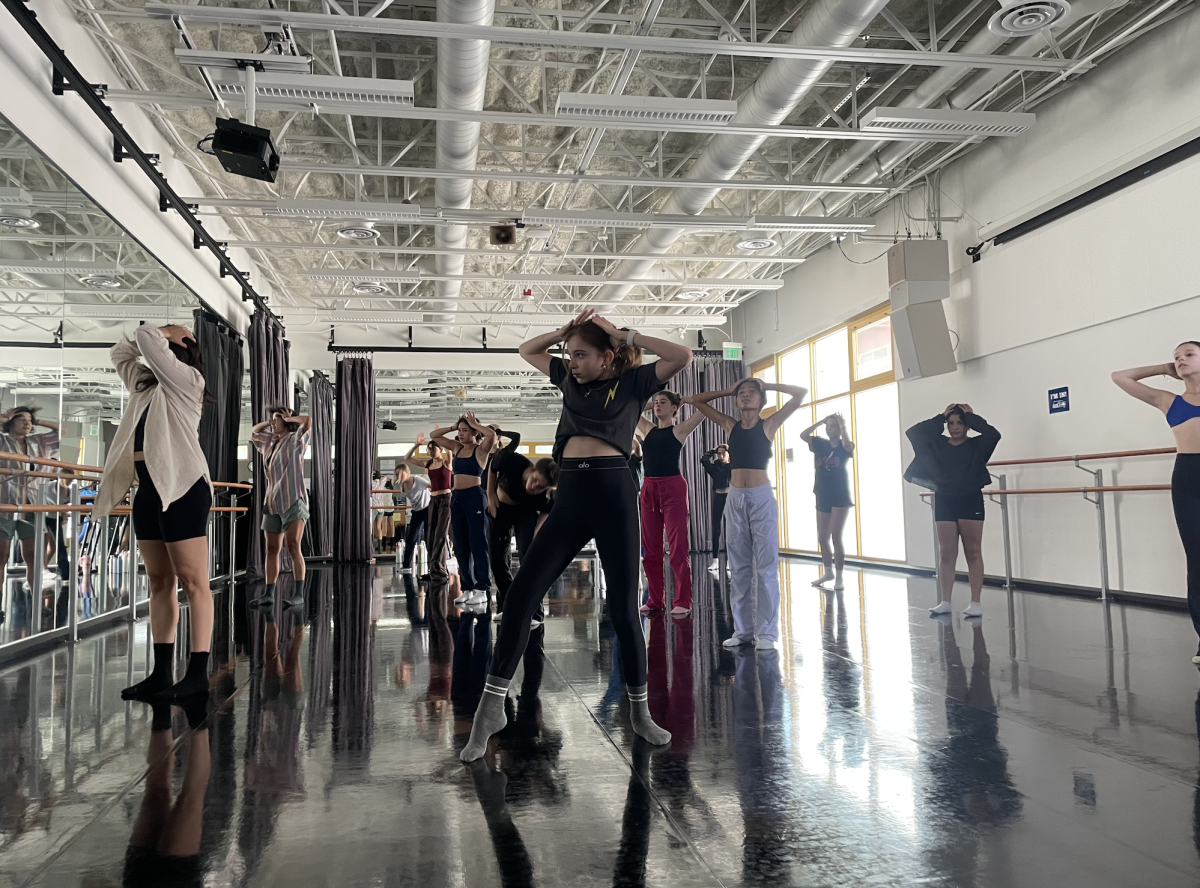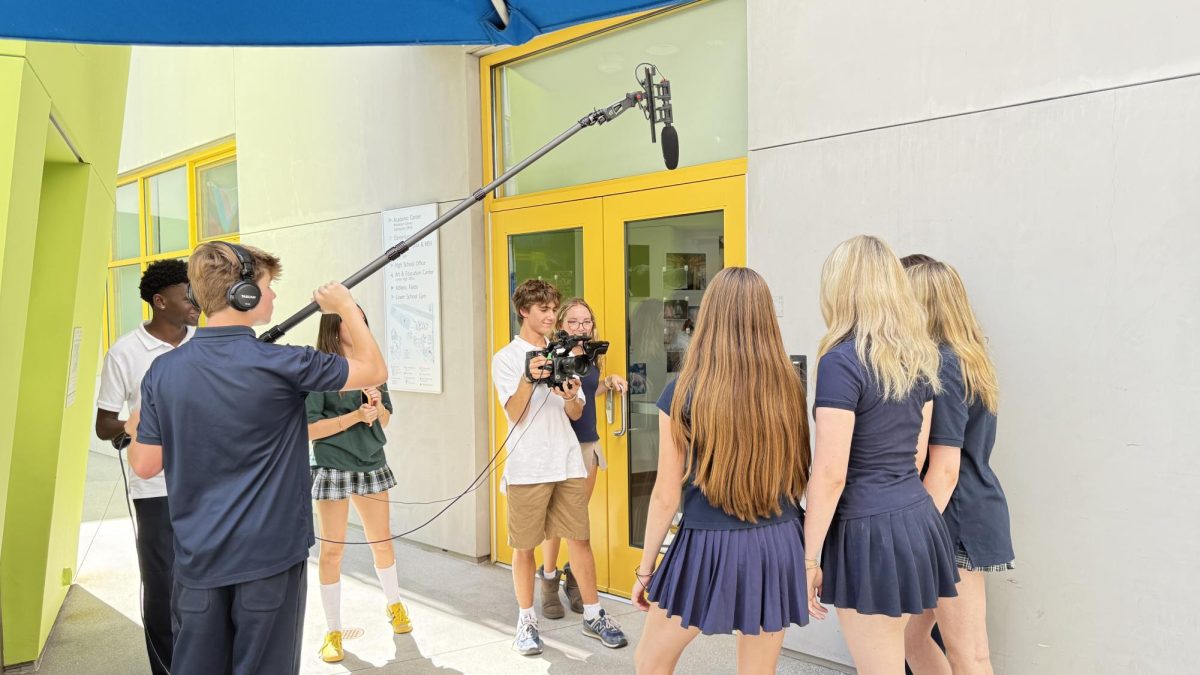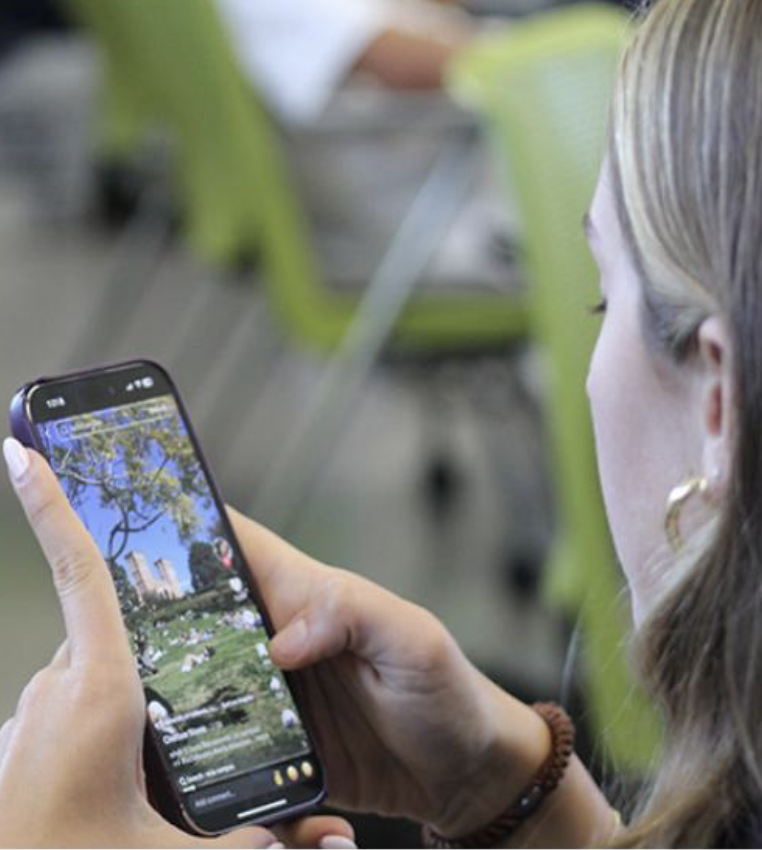Eating a delicious meal, going shopping or scrolling through social media are common ways to achieve instant gratification. Nowadays, access to instant happiness has increased through updated technology such as websites and purchasing services. For Campbell Hall students, instant gratification has both short- and long-term effects.
According to Matthew Werkman on January 22, 2024, instant gratification is immediately fulfilling a pleasure or relief instead of postponement. He notes that this leads to an increase in looking for quick gratification and satisfaction. This lessens our ability to be tempted and our self-discipline.
Alexandra Kosloff ‘27 believes instant gratification benefits her positively. She uses PowerSchool often to check her grades and lessen her anxieties because she can see where she needs to put more work in a class.
“It actually does lessen the pressure because for me, I’m a lot more anxious not knowing how I’m doing [in a class],” Kosloff said. “Especially if I took a test and I don’t feel great about it. I’m a lot more anxious in that scenario than checking my grade and knowing.”
Similarly to Kosloff, Emerson Umhofer ‘26 checks her grades on PowerSchool often—at least ten times a day. Umhofer loves academic validation and seeing a good grade. She checks Powerschool to calm her down and make herself feel better. While she relies on Powerschool to stay on top of her work and grades, she notices a constant anxiety, from wanting good grades, throughout the day that stems from PowerSchool. Umhofer sometimes wishes her grades weren’t so accessible to her.
“There is an anxiety build-up towards [checking grades]; If I don’t like my grades, then I will have a meltdown and get really upset,” Umhofer said. “When this happens, I am not able to focus on anything else. There is a constant anxiety about it, and it makes me dysregulated. The accessibility to being able to check my grades all the time is not healthy.”
For Augie Haas ‘25, he believes easy access to Uber Eats also has affected him negatively. His friends have noticed that he relies on Uber Eats often and spends a large amount of money on deliveries. He observed that instant gratification conditions his mind to be less patient, comparing it to sitting through a long movie preview.
“It’s the same sort of thing when you’re watching a TV show or you’re going to the theater to watch a movie,” Haas said. “You have 20 minutes of previews to sit through, and it’s just like, oh my gosh can this get over with? It’s kind of a similar thing [with Uber Eats], I just want the thing. I want that without having to spend the time to get there.”
Like Uber Eats, Doordash is another food delivery app that Lucy Friedman ‘28 uses. She uses Doordash three to four times a week and buys clothes online twice a week. Whenever she is in a bad mood or stressed out, she immediately goes onto her computer and buys clothes—something that her family and friends have commented on. She thinks her overconsumption issue lies within the accessibility of online shopping; she can buy anything they want at any time.
“I have spent way too much [money],” Friedman said. “I have way too much access at all times to shopping. I feel like I’m constantly buying things that I don’t want or never end up liking and then I don’t return it so it’s just wasting money.”
Kennedy Johnson ‘26 has a similar spending habit to Friedman. She once spent over $2000 in a month on recreational shopping. Johnson uses shopping to treat herself and boost her mood when she feels down. Still, she realizes that her short term happiness will not last forever.
“It makes me happy for a moment, but then I regret it,” Johnson said. “And then I [think], ‘why do I have so many things’ when the product comes, and then you have a bunch of stuff. If I just bought it the night before, and I forgot, I [become] annoyed [with myself].”
Johnson also observes that the ability to purchase anything she desires can occasionally result in feelings of ungratefulness. She points out that instant gratification fosters a craving for more and expresses frustration over her closet lacking sufficient space.
“[I am] seeing something online and automatically saying, ‘oh, I want this,’” Johnson said. “I already have a lot of clothes, I already have a lot of shoes. I feel like that’s a consequence [of instant gratification]. I don’t depend on it, but I just do it for fun.”




